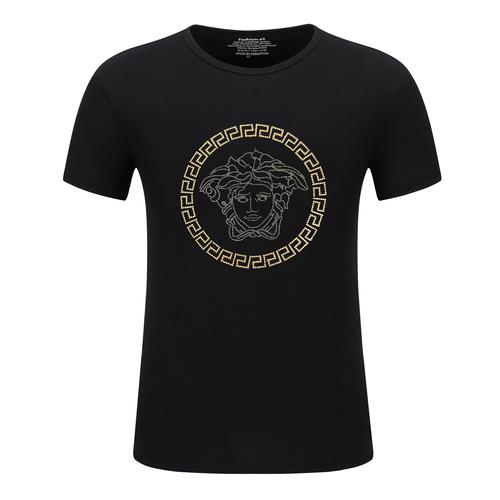When choosing a custom T-shirt fabric that suits you, you need to consider your personal needs and preferences. Here are some key points when purchasing fabrics:
1. Comfort: Choosing soft, breathable, and skin-friendly fabrics is the key to ensuring wearing comfort. Commonly used fabrics include cotton, cotton blends, linen, bamboo fiber, etc. They are natural and environmentally friendly, have strong hygroscopicity, and can provide a good touch to the skin.
2. Adapt to the seasons: Choose the corresponding fabrics according to the needs of different seasons. In summer, you can choose pure cotton or blended fabrics with high breathability that are soft and breathable; in winter, you can choose wool or wool blended fabrics that have good thermal insulation effect and a certain degree of elasticity.
3. Elasticity and resilience: For T-shirts, moderate elasticity and resilience can provide a comfortable fit. Choose fabrics with a certain degree of elasticity, such as stretch cotton, stretch mercer, etc., which can better fit the body curves and keep the shape of the clothing from deforming.
4. Durability: Considering that T-shirts are often worn and washed repeatedly, it is very important to choose fabrics with good durability. Look for high-quality fabrics, such as high-density cotton, Oxford spinning, etc., that can keep colors bright and fabrics resistant to wear and tear.
5. Color and pattern: Choose appropriate colors and patterns based on personal needs and preferences. The color effects of different fabrics will also be different. Some fabrics can present richer colors, while some fabrics are more suitable for creating a simple and clean style.
6. Pay attention to anti-shrinkage treatment: some fabrics will have a certain shrinkage rate after washing. When customizing T-shirts, you need to reserve a certain size space to avoid Clothes are too tight or too short after shrinking.
7. Consider sustainability: More and more people are paying attention to sustainable options. They can choose environmentally friendly materials such as natural organic cotton or recycled fibers as fabric to reduce environmental impact.
8. Understand suppliers and brands: When purchasing raw materials, carefully understand the credibility and production standards of suppliers and brands. Choosing suppliers and brands with good reputation can ensure the quality of fabrics and services.
Finally, choose the appropriate fabric to customize the T-shirt according to your needs and preferences. It is recommended to understand the composition, characteristics and processing methods of the fabric before purchasing, so that you can better meet your personal expectations and get a customized T-shirt that is comfortable, stylish and fits your style.






